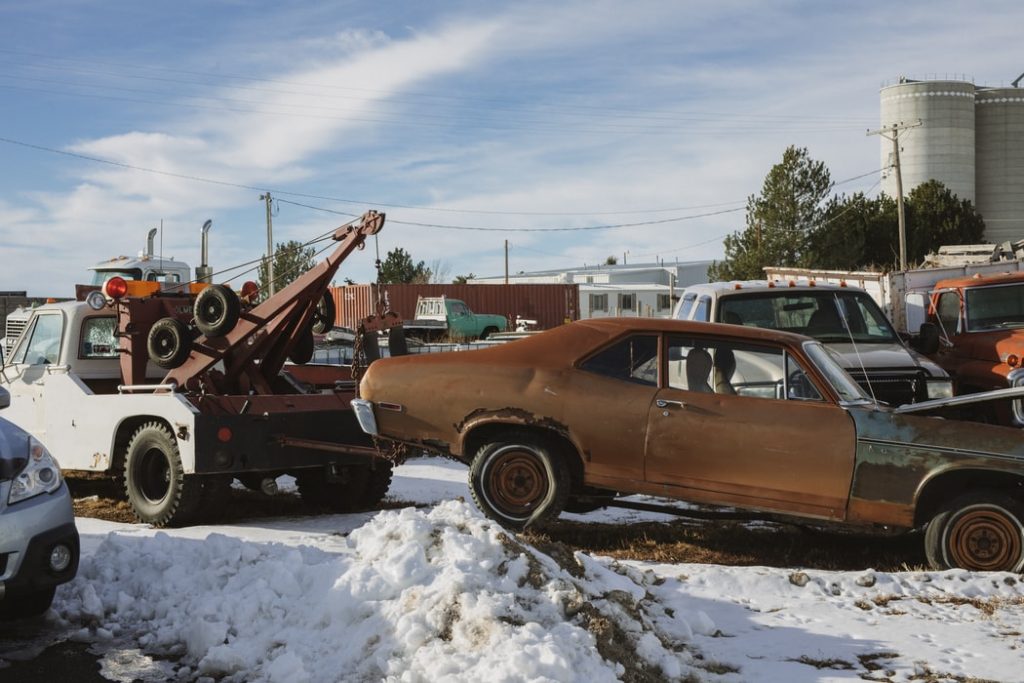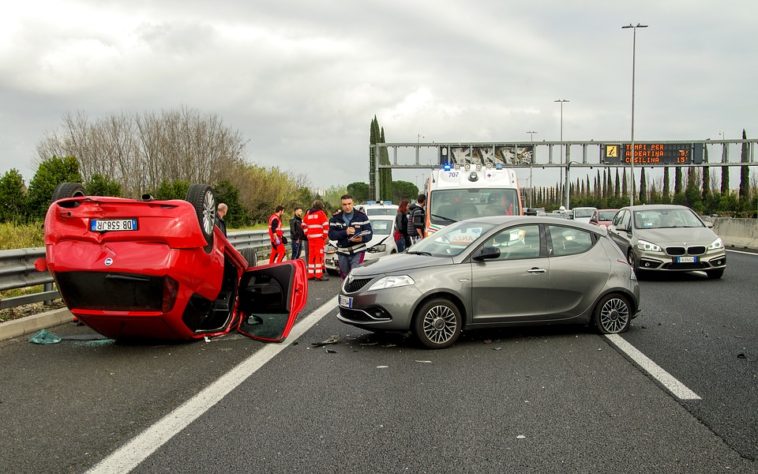Even though many drivers and transport authorities try to prevent accidents, they happen. Statistics show that road traffic crashes consume 3% of the gross domestic product of most countries.
When an accident happens, some activities need to be performed. The wounded need to be taken to hospital and the accident site needs to be secured. The cars that were part of the accident also have to be removed to open the road and allow the flow of traffic to go back to normal.
However, if your car can no longer be driven, you must have it towed.
Is Your Vehicle Actually Required To Be Towed?

There is no need to tow all vehicles that are involved in accidents. If your car can drive safely without posing a threat to you and other road users, you can drive it home or to the repair shop.
You may feel afraid to drive the car again after the whole incident but if you are brave enough, you can simply drive away.
Here are a few things to see on your car before being towed:
- Fluid leaks
- Headlights and tail lights
- Mirrors
- Steering and braking
- Hood
In the case of no fluid leaks, headlights and tail lights being in proper working condition, mirrors not being damaged, the steering and braking being just right and the hood closing firmly, you don’t require a tow.
Just walk to your car and drive it carefully to your home. If you aren’t able to, then have someone you know or a policeman drive the car to a safe spot.
But if your car has received a lot of damage which could make driving unsafe, you will require towing services.
Insurance Coverage
Who will bear the cost of the towing expenses? Are you or your insurance?
Knowing your insurance coverage during a crash is crucial. In some situations, your insurance provider would cover the towing expenses. In the event that your insurance policy includes collision coverage, the policy pays for the tow and storage fee.
Like any insurance policy, there are several conditions that you must meet before you claim for coverage.
One, the insurer may require a particular towing company to tow your vehicle. If you change the car, they will not cover it.
The insurance company may also wish to dispatch some of its insurance adjusters to attend to the details at the scene before your vehicle is towed to some other location. In addition, the vehicle should be towed to a specific location.
A call to your insurance provider is the best first step after an accident. They would have the tow doings done for you and you would be saved all the inconveniences and expenses.
Personal accident lawyers are also helpful since you may not know what to do after the accident. They can assist you in making follow-ups with the insurance company and the police if you were incapacitated by the accident. This will unburden you to concentrate on the healing.
Towing Capacity
The towing vehicle has to be powerful enough to pull the load. The weight of the car which was involved in the accident is important to establish. All vehicles have a towing limit stated by the manufacturer. Picking up an inappropriate tow car results in a hazard on the road, and there is a risk of accidents.
Tow it with your eyes. Some vehicles have a small body but are very heavy. You don’t want to make enough mess and accidents of your vehicle by selecting an incorrect towing car to move it.
Set The Vehicle For Towing
To tow your vehicle, you must prepare it.
To start with, get some pictures of the scenario. You will need them while filing your insurance claim. Photograph everything, the car itself, and the inside of your damaged car.
Afterward, remove anything of value from the car. Should you not have access, refer to those who are there. When it is not safe to enter the car, professional help is needed or even the vehicle may be moved to a safe place first.
Drive Wheels
You need to ascertain if your car is front-wheel or rear-wheel drive. Often, drive wheels do not contact the ground when a vehicle is being towed. This ensures that damages to the tires are prevented.
It can be difficult at times to tow a vehicle when its drive wheels are raised. In this kind of situation, you can employ several tools to facilitate the movement of your car without the wheels on the ground. A tow bar can be fitted on both vehicles to assist in relocating the damaged one.
A tow dolly is helpful when the vehicle is to be towed is front-wheel drive. It pulls the front wheels off the ground, allowing to tow a car without hurting the wheels much.
Documentation
There are some documents that will need to be taken from the tow truck driver before you leave the car.
Request the identity of the driver and the towing company they are representing. Towing drivers mostly work for companies, but there may be individuals with their trucks giving the service. If available, some identification would be appreciated.
Settle on the cost of towage before the car leaves the accident scene.
Be aware of the location where your car is towed. The choice of the place of the vehicle’s removal is yours. Safety is always a paramount concern here. If the tow truck company has secure storage facilities, you need to know where and how much they cost for storage.
In some jurisdictions, you must take the car to the collision reporting center to make the report before taking it to the repair shop. Get the relevant laws in your state right to prevent unnecessary fines and penalties.
The driver should write an invoice for all the costs and provide you with a copy. In this manner, you will not pay for the hidden charges.
If your insurance provider is in charge of the process, you can also request copies of the documents.
It is good to know what to do after you have been in an accident. Your health should be the first line of defense, and then your car.
It should be mentioned, that not all vehicles participating in crashes require towing. If yours is not crashed and can be moved safely, move it to a safe location. In case of damage, you will tow it.
You should know its towing capacity and drive wheels before towing your car.
You should also visit a reliable towing company and obtain a bill from the truck driver outlining all the towing expenses. In case your insurance policy covers collision damages, you should get in touch with your provider right away after the accident.




